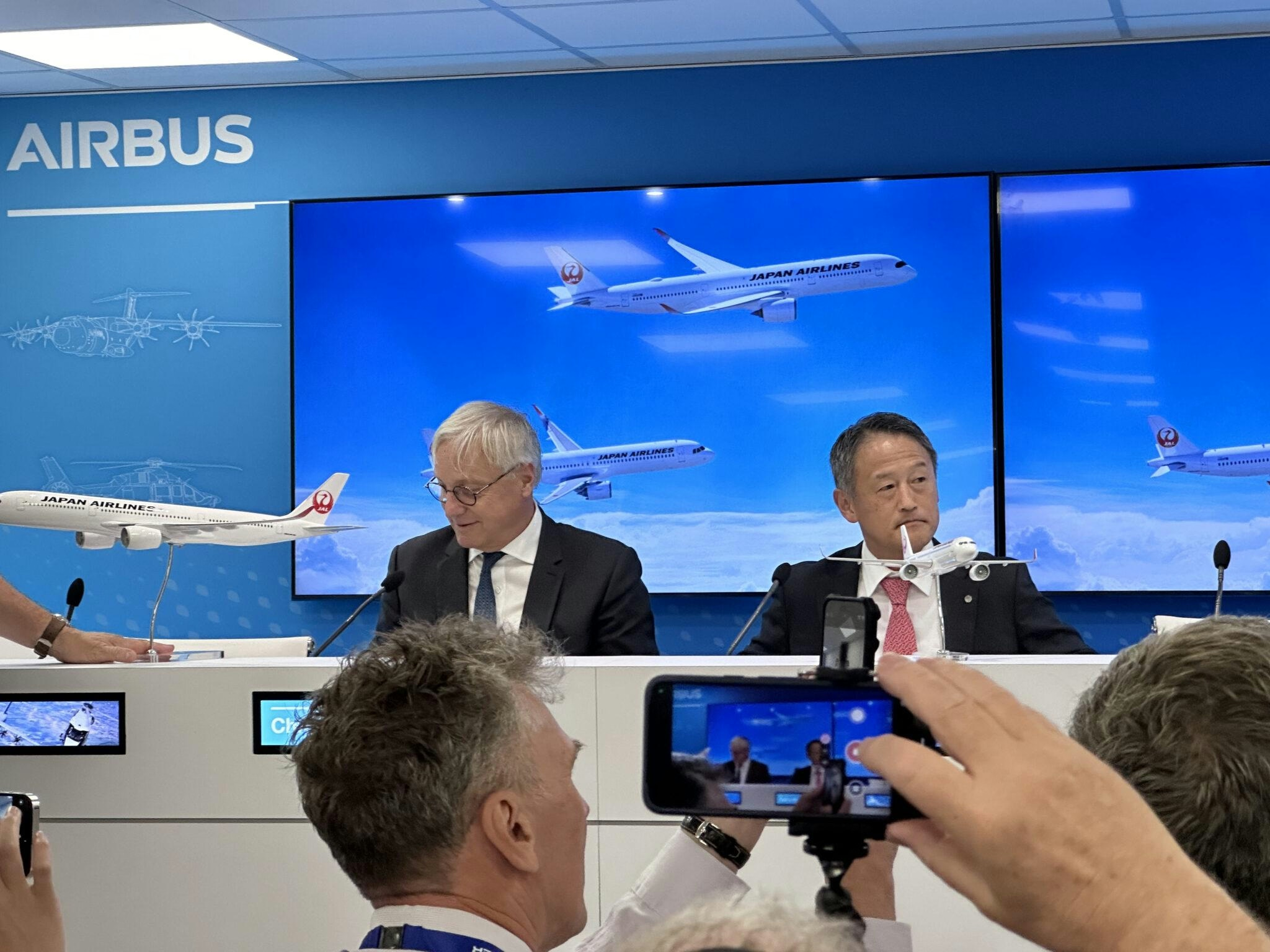AeroGenie — Your Intelligent Copilot.
Trending
Categories
Airbus Delivery Schedules Affected by Supply Chain Delays

Airbus Delivery Schedules Disrupted by Persistent Supply Chain Challenges
Airbus is currently contending with elevated levels of work-in-progress (WIP) aircraft as ongoing supply chain disruptions continue to impede its delivery schedules. The European aerospace manufacturer faces significant difficulties with engine supplies, which are delaying the delivery of single-aisle jets. Concurrently, shortages in cabin fixtures are slowing the handover process for twin-aisle aircraft, compounding the company’s operational challenges.
Supply Chain Constraints and Industry Impact
These supply chain disruptions are not isolated to Airbus but are affecting the aviation sector broadly. Nevertheless, Airbus is under increasing pressure to accelerate its delivery rates to meet ambitious annual production targets. After delivering approximately 60 aircraft in August, the company must now increase output at an unprecedented pace to remain on track for the year.
Market analysts observe that although Boeing briefly surpassed Airbus in deliveries, the Toulouse-based manufacturer is poised to maintain its status as the world’s largest aircraft producer in 2024. Boeing’s gradual recovery from a series of internal crises contrasts with Airbus’s steady ascent, which has been driven by decades of coordinated manufacturing strategies and disciplined investment in production capabilities.
Industry data highlights that the most severe bottlenecks are concentrated in specific areas: engine shortages primarily constrain single-aisle models, while delays in cabin interior supplies are impeding twin-aisle aircraft deliveries. This layered supply chain complexity results in varying degrees of delay for operators, depending on their fleet composition and order schedules.
Outlook Amid Ongoing Challenges
Despite these obstacles, some lessors and airlines report modest improvements in delivery predictability. BOC Aviation, a leading aircraft leasing company, has observed more consistent delivery timelines from both Airbus and Boeing in recent months. Nonetheless, industry experts widely agree that supply chain disruptions are likely to persist through the end of the decade, continuing to challenge the resilience and adaptability of aircraft manufacturers and their suppliers.
As Airbus endeavors to clear its backlog and fulfill delivery commitments, the company—and the wider aviation industry—must navigate these ongoing supply chain complexities while maintaining production discipline and responding to evolving market demands.

Electric Aircraft Market Outlook Through 2035

Capital A Completes Sale of Aviation Business to AirAsia X

Four Gateway Towns to Lake Clark National Park

PRM Assist Secures €500,000 in Funding

Should Travelers Pay More for Human Support When Plans Go Wrong?

InterGlobe Aviation Shares Rise 4.3% Following January Portfolio Rebalancing

Key Market Segments Shaping Airline Route Profitability Software

Locatory.com Gains Traction Among Aviation MROs and Suppliers

JetBlue Flight Makes Emergency Landing Following Engine Failure

58 Pilots Graduate from Ethiopian University
